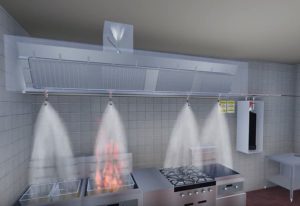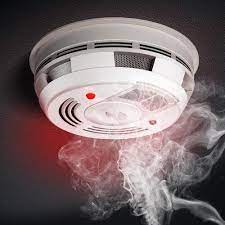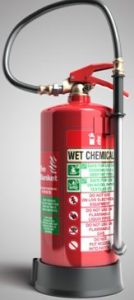Introduction:
Kitchen fires can pose serious risks in various settings, from residential homes to commercial spaces like hotels and restaurants. Implementing effective fire safety measures is crucial to protect lives and property. This comprehensive guide provides valuable insights and practical tips applicable to any kitchen environment.
Installations:
- Smoke detectors:
- Fire Extinguishers (Wet Chemical Agent):
- Kitchen Fire Suppression Systems (Wet Chemical Agent):
Preventive Measures:
- Prevent Unattended Cooking:
- Never leave food to cook alone.
- Set timers to remind you to cook.
- Items that is flammable:
- Keep out of direct heat.
- Stay well away from anything that can catch fire.
- Expert Kitchen Hood Systems:
- Install and then preserve it.
- Clean often to avoid grease accumulation.
Training and Preparedness:
- Employee Education:
- Educate personnel on fire safety protocols.
- Carry out routine fire drills.
- Automated Fire Suppression Systems:
- Install kitchen-specific systems.
- Ascertain routine examinations, encompassing the wet chemical agent.
- Emergency Evacuation preparations:
- Clearly define your preparations.
- Run through evacuation drills.
Equipment Safety:
- Kitchen appliances:
- Observe and maintain them on a regular basis.
- Comply with manufacturer instructions.
Emergency Contacts:
- Fire Department – 101
- Police – 100
- Ambulance – 102
Conclusion:
It is imperative to follow these kitchen fire safety recommendations in every situation to avoid mishaps and safeguard people’s lives and property. A thorough fire safety plan must include the usage of wet chemical fire extinguishers and suppression systems, as well as routine training, equipment maintenance, and awareness rising. Kitchen safety should always come first, whether it’s at home, at work, or in the hospitality sector. This makes the environment safer and more secure for everyone.




